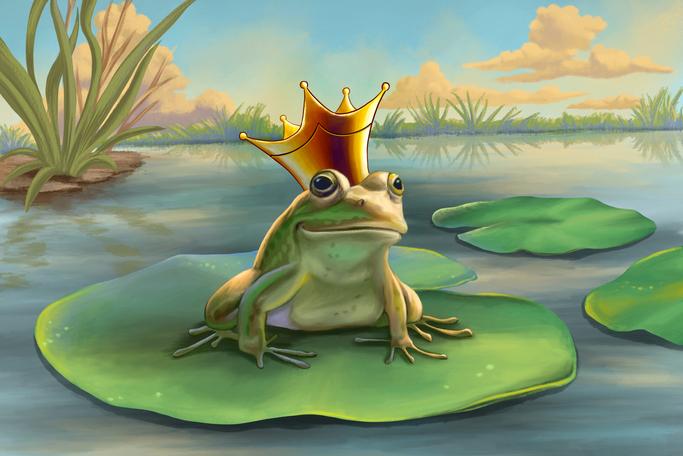
Love and money: why the search for funding is like romance
Funding is a relationship of sorts. You and your research project funder will enter into a finite symbiosis. It’s a joyful, exciting, uncomfortable and occasionally scary co-dependency, writes Laura Berrisford
Research management
Sponsored by
Elsevier helps researchers and healthcare professionals advance science and improve health outcomes for the benefit of society.
Searching for research funding is a hideous process – as defined universally – from which you’re unlikely to emerge with all your hopes, dreams and self-esteem fully intact. In fact, it is not a million miles away from searching for a perfect partner.
People you know will have their stories. But instead of talking about that time you sat through dinner with lipstick on your teeth, you’ll talk about that time you attached the wrong version of your budget to your otherwise carefully crafted proposal.
- How to lose a grant in 10 ways
- Devolved research funding in universities – a counter-narrative
- A guide to writing grant proposals
Perhaps the comparison isn’t surprising. After all, funding is a relationship of sorts. Whoever you find to fund you, you will enter into a symbiosis with them. You’ll need them, and they’ll need you for a period of time. They’ll expect things from you, and vice versa. It’s a joyful, exciting, uncomfortable and occasionally scary co-dependency.
Taking the sting out of looking for funding
So, what can you learn from the search for love to make the search for funding less awful?
Get real about what you’re looking for
To start, perhaps reset the scope of your search. Try to base your parameters on what you want out of the funding and funding relationship; don’t just go for the funders who look like your type on paper. You may think you want funding solely from industry, but have you properly considered government grants? If you have only applied for funding from discipline-specific sources, would something cross-disciplinary suit you? Does it matter where your tiny travel grant is from as long as it gets you where you’re going?
Communicate honestly
The search for funding goes best when you’re honest and realistic in your communication from the start. Picture this – you’ve met someone you think you really like and together you’ve hastily signed a six-month lease on a flat. A week later, you discover you’re entirely incompatible. They hadn’t mentioned that they love going for a run at 5am and will expect you to go with them; your ideas about “sharing the cooking” are in stark contrast; and they’re not too hot on your almost daily habit of losing your keys and wallet. If you had communicated earlier about yourselves, your expectations and your capabilities, none of this would have been a shock. Instead, you’re stuck gritting your teeth and growing steadily more frustrated with one another until you can legally leave without causing yourselves too much financial harm.
The same goes for funding. Make sure you know what a funder expects from you, and what you expect from them before you start. What will both of you realistically be able to offer? What would you each be like to “live with”?
Don’t suffer through rejection alone
Sometimes you think things are going well, but then, out the blue, you’ll get a rejection. When this happens, try to remember that no one on either side of the funding fence enjoys this part of the process. As in a break-up, it’s awkward and unpleasant for the person doing the dumping. If you seek feedback, do it professionally. Your contact point will rarely be the sole decision-maker, and telling them you think they’ve made a stupid choice will just make the relationship sticky going forward. You never know when things may circle back, so it’s best not to burn too many bridges on your way out.
If in doubt, call your friends. Just as your best friend will meet you over a glass of wine to gossip and share advice about that person you’ve been messaging, your research office will gladly catch you for a coffee and talk about where best to focus your efforts. You’re not in this on your own, and there’s a whole team of people as invested in your success as you are.
Each courtship leaves a lesson for next time
The funding “courtship” is ultimately about keeping your balance, your vision and your sense of humour. Every successful career includes many, many unsuccessful bids. Try to let it build you up rather than drag you down; with each rejection, you can learn something for next time, find something new to explore. You just have to look for it. You will inevitably fail, but you will also eventually see success. Whatever happens, your work is valuable. Whatever happens – however many frogs you have to kiss – there will be more chances.
Laura Berrisford is a research funding adviser in Research & Innovation at Te Whare Wānanga o Waitaha | University of Canterbury, New Zealand.
If you would like advice and insight from academics and university staff delivered directly to your inbox each week, sign up for the Campus newsletter.
Research management
Sponsored by




